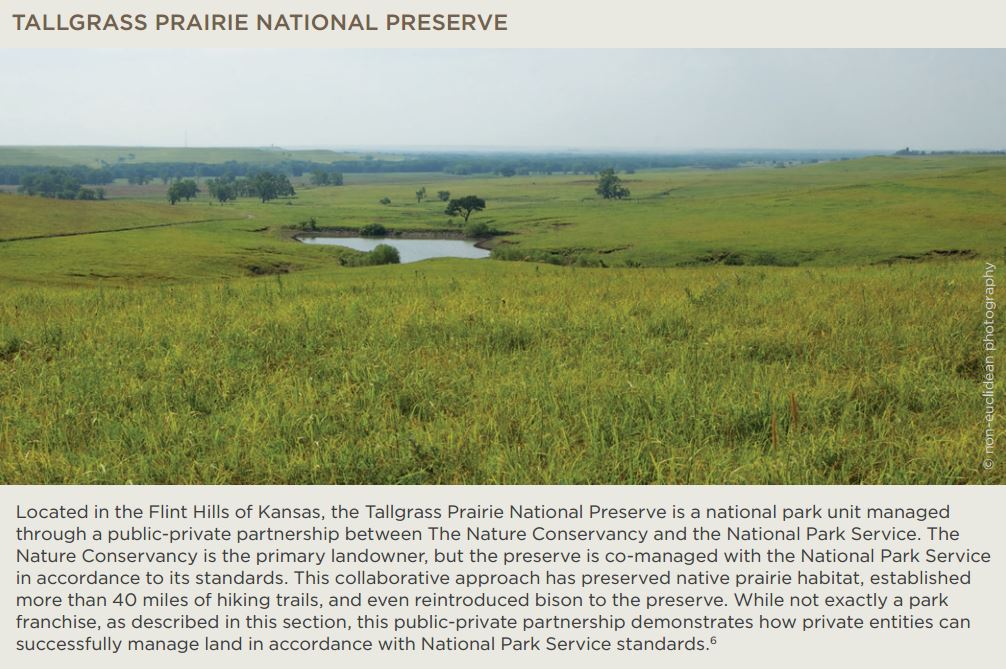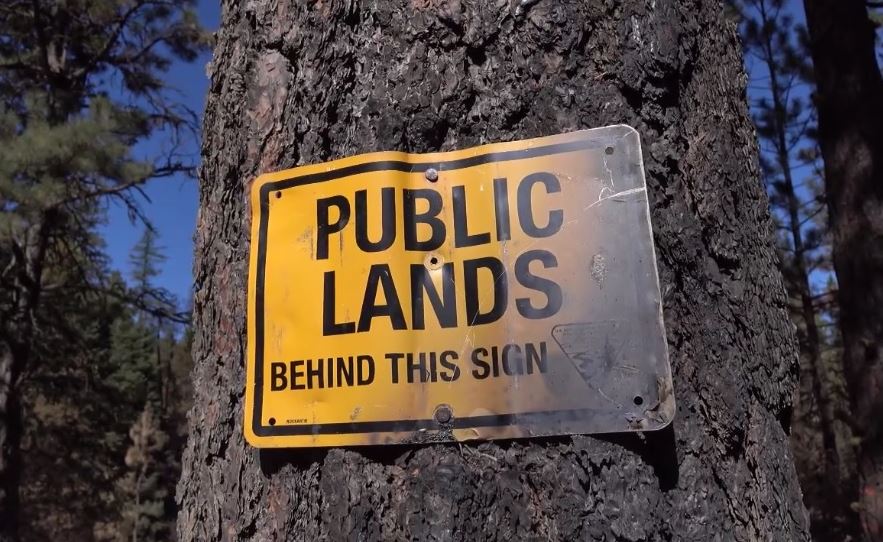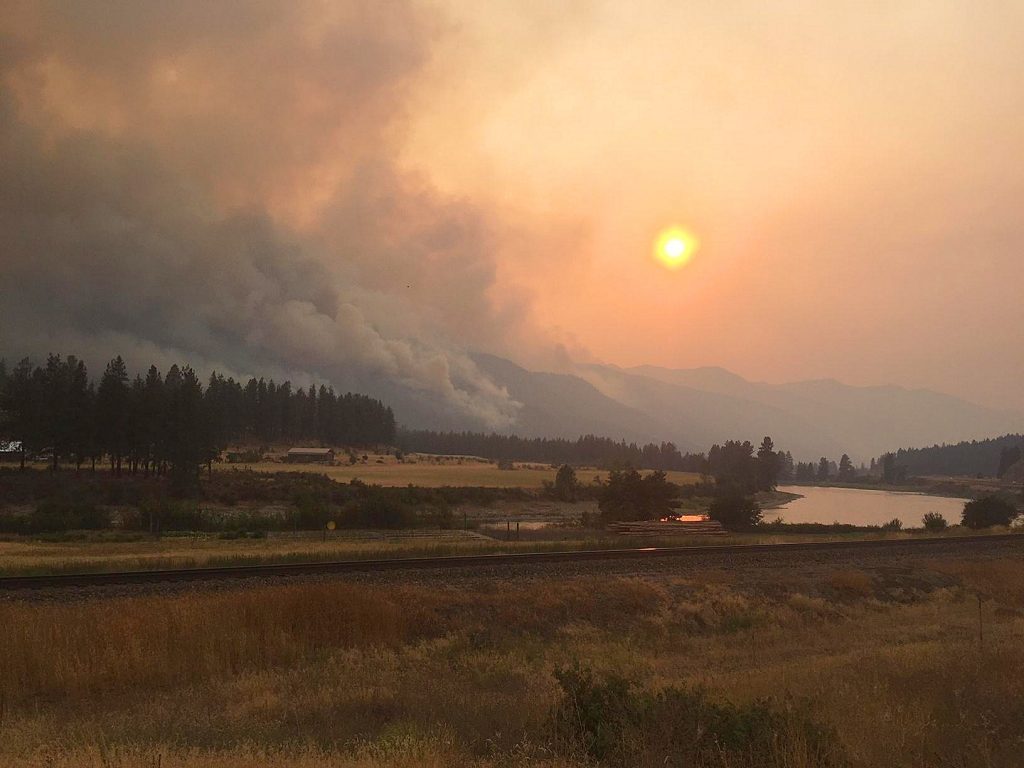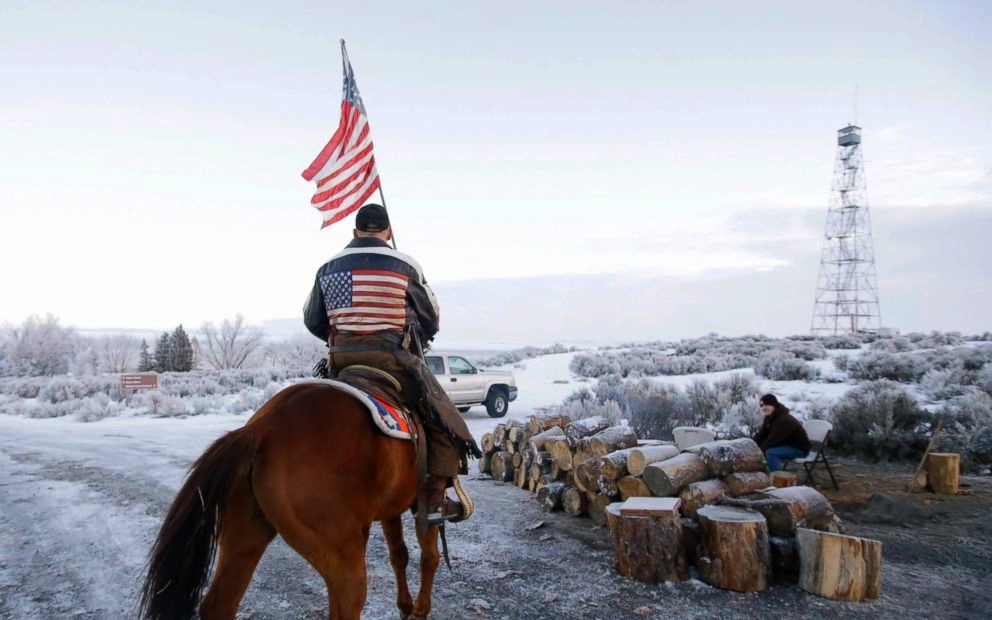Targeted reforms to existing management policies could provide local managers with greater freedom and flexibility to implement creative, locally responsive management solutions while remaining accountable to national environmental and economic standards.
Hannah Downey and Holly Fretwell
PERC Property & Environment Research Center [Download PDF]
PUBLIC LANDS MANAGEMENT: Adopt new management approaches that allow greater flexibility and freedom while retaining federal oversight and accountability —
Federal land management has always been controversial, and today is no different. Calls for reform come from both sides of the political aisle, and in recent years some have even called for the transfer of many public lands in the West to state control. But while a large-scale land transfer is unlikely, there is broad agreement by most observers on one basic fact: something needs to change.
The Department of the Interior, in its role as manager of the vast majority of federal land and resources, has a prime opportunity to address such concerns by adopting new, innovative approaches to managing public lands while retaining federal control. Targeted reforms to existing management policies could provide local managers with greater freedom and flexibility to implement creative, locally responsive management solutions while remaining accountable to national environmental and economic standards.
One such approach is to institute a charter land management system to govern certain federal lands. These lands would be owned by a federal land agency but managed under a charter system, similar to the way charter schools function within the larger public education system. Charter lands would be governed by a board of directors unique to each charter land unit, such as a grazing district or wilderness area. Boards of directors could be elected or appointed and would be responsible for managing resource and recreation uses within charter area boundaries.
As with charter schools, the core guiding principle for charter lands would be freedom with accountability: Charter lands would be freed from the tight restrictions of one-size-fits-all regulatory mandates—such as land-use planning requirements and restrictive hiring practices—that have produced administrative waste, economic inefficiency, and the politicization of public land management, but they would be held accountable through boards of directors. Federal oversight combined with stringent standards for charter land performance would help weed out failing management practices.
Each board of directors would also have the authority to set fees for users of a given charter land area and its resources. Individual land boards would be overseen by a national charter board that would in turn oversee and monitor their performance, ensuring accountability even as managers are granted newfound flexibility.
A second strategy is to outsource routine management operations of various public lands to the private sector while maintaining public ownership and oversight. Over the past three decades, these types of public-private partnerships have proven successful for the U.S. Forest Service, which today uses private operators to manage and maintain more than 1,000 of its campgrounds.
These partnerships would involve performance-based contracts designed so that a managing federal agency defines site rules, parameters for visitor fees, management goals, and maintenance expectations. The contracted lessee would collect visitor fees, maintain resources and facilities, and pay a portion of receipts back to the managing agency.
Under this approach, private managers have incentives to provide good stewardship and be accountable to visitors to ensure high-quality experiences and maintain stellar reputations. They are dependent upon the revenues they earn to cover costs, while also being held accountable by their contract with the public land agency providing oversight.
A third management innovation is a national park franchising system. If a proposed park warrants national park status, it could be granted the national park title but be owned and operated under private management. Franchised parks would exist under the National Park Service umbrella but would be individually and uniquely designed and managed by non-profit organizations, businesses, or individuals.
Franchise parks would work as follows: The National Park Service would set franchise requirements, and interested parties would create management plans that align with those requirements. Some franchise parks could also be required to be financially self-sufficient, whether funds were acquired through user fees, partnerships, or donations. A franchise could give park units the flexibility to manage for local priorities as determined by on-the-ground managers, the protection and status provided by the national parks brand, and the incentives to meet visitors’ desires at low cost.

These proposals could be most feasibly applied to new federal land acquisitions that do not already have management structures in place, such as those made through the Land and Water Conservation Fund.
Policy Reforms:
• Adopt new, innovative federal land management models that allow greater freedom and flexibility while requiring accountability to predetermined management objectives.
• Create several pilot projects for charter land management areas that would be managed by local land boards and overseen by a national charter land board.
• Outsource routine land management operations to the private sector where appropriate and feasible.
• Create a national parks franchise system in which new parks would be owned and operated by private entities under standards and parameters established by the National Park Service.

Free Range Report




The problem is people that don’t know what they are talking about are proposing “solutions” when they obviously lack a fundamental knowledge of Western property law. To propose that either the State or Federal government can simply take over managing split estate property rights from the owners of that property is downright Orwellian. Does anyone still believe that government (State or Federal) can actually manage a ranch, mine, county-road system, irrigation system, or anything better than the actual owner of those properties? Sounds more like Communism.